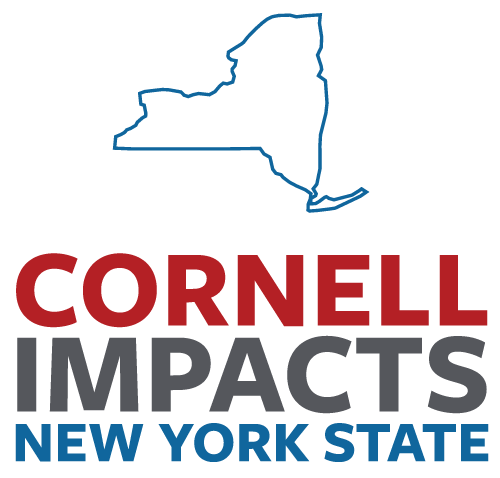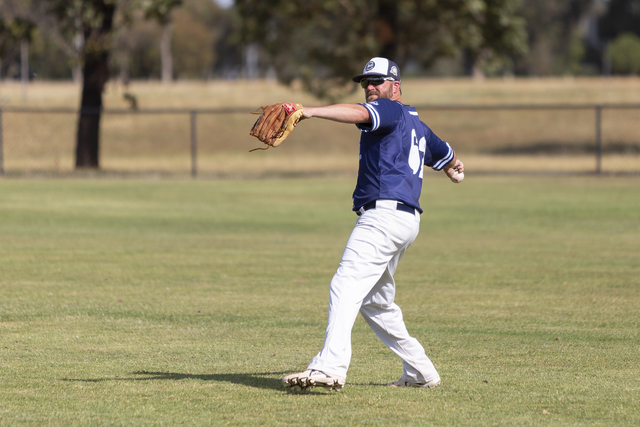
The Ryder Cup, one of golf’s most prestigious tournaments, is set to take place this week at the Black Course in Bethpage State Park, Long Island. This event marks a significant milestone as it is the first time the Ryder Cup will be hosted on a state-owned public course in the United States. The Black Course is celebrated not only for its challenging layout but also for its commitment to sustainability, a mission driven by research from Cornell University.
25 years of collaboration between Cornell researchers and the New York State Office of Parks, Recreation and Historic Preservation has led to the implementation of environmentally responsible practices across numerous state park golf courses. According to Frank Rossi, associate professor of horticulture at Cornell, the goal has been to enhance the course’s ecological integrity while providing recreational opportunities for the public.
The research has centered on improving soil health and reducing pesticide usage through integrated pest management techniques, alongside minimizing fertilizer application. These seemingly minor adjustments have resulted in significant environmental benefits, including a decrease in greenhouse gas emissions across various state parks, from Buffalo’s Beaver Island State Park to Montauk Downs on Long Island.
Collaboration with Cornell has transformed the management practices at Bethpage State Park. Mike Hadley, superintendent of the Green Course, remarked on the shift towards more mindful application of inputs, ensuring that the environment is prioritized.
The partnership initiated in 2000 when New York state restricted pesticide use on public parkland, prompting golf course managers to explore sustainable options to avoid turf decline. The Bethpage Project, which ran from 2001 to 2009, showcased the feasibility of reducing chemical use by 45% and nutrient application by 60% while maintaining acceptable playing conditions. This successful model was subsequently adopted throughout all state park courses.
The Black Course, which has hosted notable tournaments such as the 2002 U.S. Open and the 2009 U.S. Open, continues to adapt to increasing demand as golf’s popularity surges post-pandemic. As players flock to the course, the management of putting greens— the most utilized areas—requires heightened attention.
Innovative tools developed by Cornell, including disease-prediction models and the environmental impact quotient for pesticides, are being employed across the country. Rossi emphasized the global relevance of their work, particularly in regions where pesticide use is restricted.
At the Ryder Cup, Cornell researchers will assist the agronomy team led by Andrew Wilson, director of agronomy at Bethpage, in monitoring greens quality and speed. Wilson expressed that the focus extends beyond just the optimal playing conditions; it also involves ensuring the protection of the natural environment.
Efforts have included converting portions of managed turf into native grasslands to enhance biodiversity and support pollinators. Wilson highlighted the importance of showcasing high-quality management practices to the world during the Ryder Cup, reinforcing the dual role of state park courses as recreational spaces and ecological havens.
As the Ryder Cup unfolds, it serves as a platform for demonstrating the successful integration of sustainability into professional sports, inviting global attention to the innovative strides being made at Bethpage State Park.







